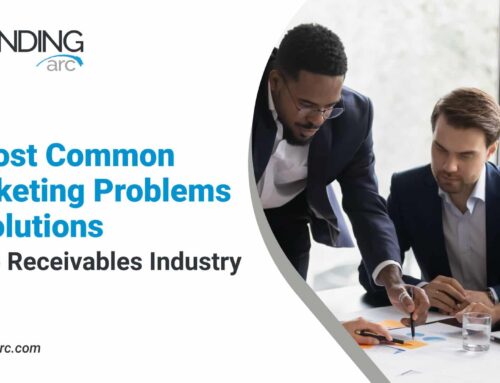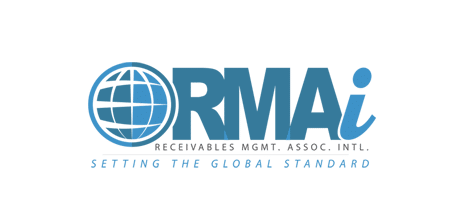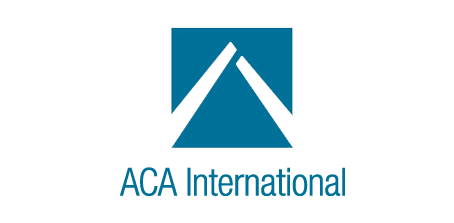Search Engine Optimization for Collection Agencies

Search Engine Optimization is always a hot topic for marketers working with collection agencies. In an environment bombarded by bad press, taking control of your search results can often feel like an impossible task. There are hundreds of websites dedicated to complaining about collection agencies. These sites host complaints in hopes of selling the consumer debt consolidation or enlisting them as a client in an FDCPA lawsuit. Combating the negative press these websites generate requires commitment and an understanding of the best ways to fight back without appearing aggressive, desperate or shady.
Search Engine 101
To understand search engine optimization you need to first understand what the purpose of a search engine is. The goal of a search engine is to provide users with results containing credible information that is relevant to the searchers query. Google and other search engines scan the web with “bots” to index all the webpages on the internet and evaluate the content and that pages authority. Authority is measured based on relevancy of your content and the incoming links from other authoritative sites. When you search on Google your organic results are based on each web pages rank relative to the specific query you searched.
Improving your Collection Agencies Search Engine Optimization
Taking control of your search engine ranking requires a multi-faceted approach and a commitment from your marketing department or an experienced vendor. The most effective way to improve your search engine ranking is to modify your website to enhance on-page search engine optimization factors and to create new positive press and profiles to generate positive incoming links to your website organically increasing its authority.
On-Page Search Optimization
Google, Bing and other search engines have become more transparent over the years and now tell us exactly how they see our website and what we can do to improve their ability to index the information on your website. Basic on-page code modifications like:
- Relevant Page Titles
- Meta Descriptions
- Image Alternate Tags
- XML Sitemaps
Helps the search engines ensure that all of the content on your website is appropriately indexed and therefor has the opportunity to be displayed in search results. Improving your on-page search engine optimization your site can begin to show sub-pages right in search results pushing existing negative press right off the page.
Organically Increasing Authority
The other method for improving your search engine results is increasing your websites authority and creating other online profiles to create enough positive pages to push negative results off the first page. Increasing a website’s authority organically can be done by creating more website pages with content relative to the search terms you want to target. Creating new web pages can be done by expanding your website or by creating a blog and writing new content on a regular basis. Blogs can be a great tool to improve search engine optimization, but can be horrible if you do not commit to creating new content regularly and it looks abandoned. (Read more about “The Upside and Downside of Having a Blog”)
Social network profiles or collection agencies on Facebook, Twitter, LinkedIn, and Google+ can be great tools for creating positive and authoritative links in search engine results. Although most collection agencies are wary of participating in social networks there can be significant value if they are used correctly. The accounts receivable management industry has particularly active communities on LinkedIn and Twitter that can add even more value to your digital presence.
Additional measures can be taken to further improve search engine authority for your website. You can create press releases, comment on blogs, create company profiles on Manta, Wiki-corporate, and other similar sites to create even more incoming links.
Measure Results & Improve
Try, measure, decide. Anytime you are going to try something new you want to measure the results and improve your efforts based on the results. Search engine optimization is no different, it is a continual process of trial and error in the pursuit of supreme search engine results. There are many different tools you can use to measure the results of your search engine optimization campaigns, but my personal favorite is Google Analytics. This simple online tool lets you install one line of code on your website to track where your traffic comes from and how visitors are behaving on your website. Based on the data collected you can make deliberate decisions on how to continue to improve the search results. (Learn more about “Google Analytics – Measure Visitor Behavior“)










